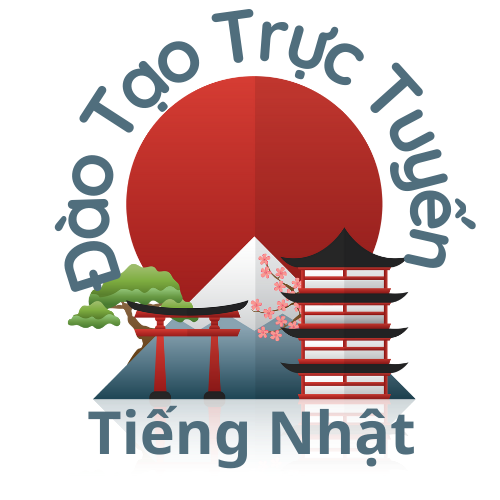The travel industry in 2025 stands at a turning point of innovation and accountability. As global tourism rebounds to pre-pandemic levels, travelers and industry entities alike are navigating a landscape transformed by environmental priorities, cutting-edge technologies, and evolving traveler demands.
## Green and Planet-Conscious Travel
The urgency for sustainability has become a foundation of modern travel. By 2025, the tourism sector is projected to generate 6.5 billion metric tons of carbon emissions, necessitating swift interventions. Destinations like Costa Rica and Bhutan are leading this charge, with the latter maintaining its status as the world’s only carbon-negative country through stringent guest quotas.
Regenerative tourism models, such as New Zealand’s Māori-led eco-tours, are gaining traction. These programs reflect a broader shift: 73% of travelers now prefer brands with comprehensive green strategies.
## Tailoring and Made-to-Order Journeys
Premium tourism in 2025 is synonymous with ultra-tailoring. Discerning travelers seek transformative journeys customized to their unique interests. Providers like LuxGroup emphasize “ethical luxury,” combining pampering with cultural immersion.
Artificial Intelligence is transforming trip planning, enabling adaptive schedules that respond to real-time preferences. This trend corresponds to findings that 64% of luxury travelers prefer customized deals over generic options.
## Preventing Overtourism Through Ingenuity
Overtourism remains a critical challenge, prompting travelers to seek “alternative locations” and shoulder-season visits. Cities like Ljubljana are alleviating congestion through car-free zones and pedal transportation systems.
Administrations are stepping in; Amsterdam and Majorca have implemented tourist limits and etiquette standards to preserve local ecosystems.
## Technology’s Role in Seamless Exploration
AI’s influence spreads beyond personalization into process optimization. Chatbots handle 24/7 customer inquiries, while forecasting algorithms optimize flight schedules and hotel pricing. Virtual reality previews allow travelers to “test” destinations before booking.
Apps like Seven Corners simplify trip management, offering live information on weather, crowds, and transportation delays. Distributed ledger systems enhances transparency in carbon offset programs.
## Prolonged Trips and Cultural Immersion
The era of rushed itineraries is waning. High-end tourists are typically taking two-week stays to intensify cultural connections. Families are increasingly embracing “workations,” merging remote work with prolonged visits.
## Occasion-Focused Travel and Novel Experiences
“Gig-tripping” has exploded, with fans crisscrossing globes for major events. Stargazing travel—exemplified by constellation viewing in Chile’s Atacama Desert—reflects increasing demand in cosmic occurrences.
## Wellbeing and Digital Detox
Self-care journeys is evolving beyond wellness centers to encompass integrated therapies. Unplugged getaways combine meditation with farm-fresh meals, aligning with a 95% increase in demand for wellness-focused itineraries.
## Financial Approaches and Value-Conscious Travel
Travelers are utilizing membership benefits and packaged deals to maximize value. Credit card rewards are being carefully utilized for upgrades, reflecting a shift toward “calculated opulence”.
## Conclusion
The travel landscape of 2025 is defined by its dual nature: a desire for exploration balanced by moral responsibility. As destinations reconcile advancement with conservation, stakeholders can ensure tourism remains a connection—not a obstacle—to a more integrated and ethical world.

